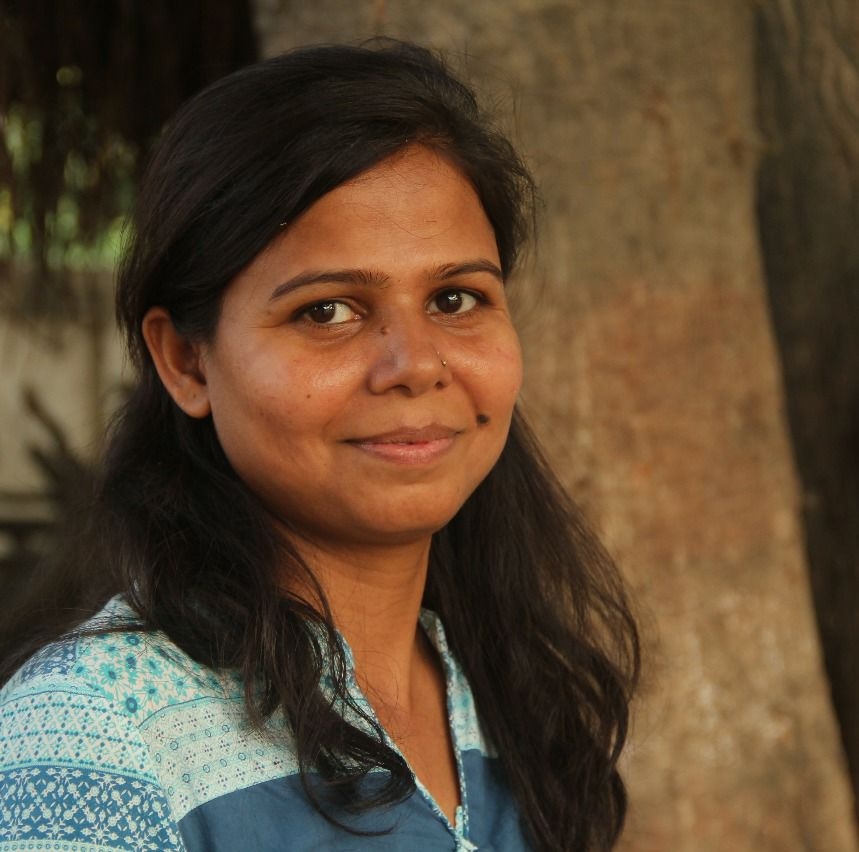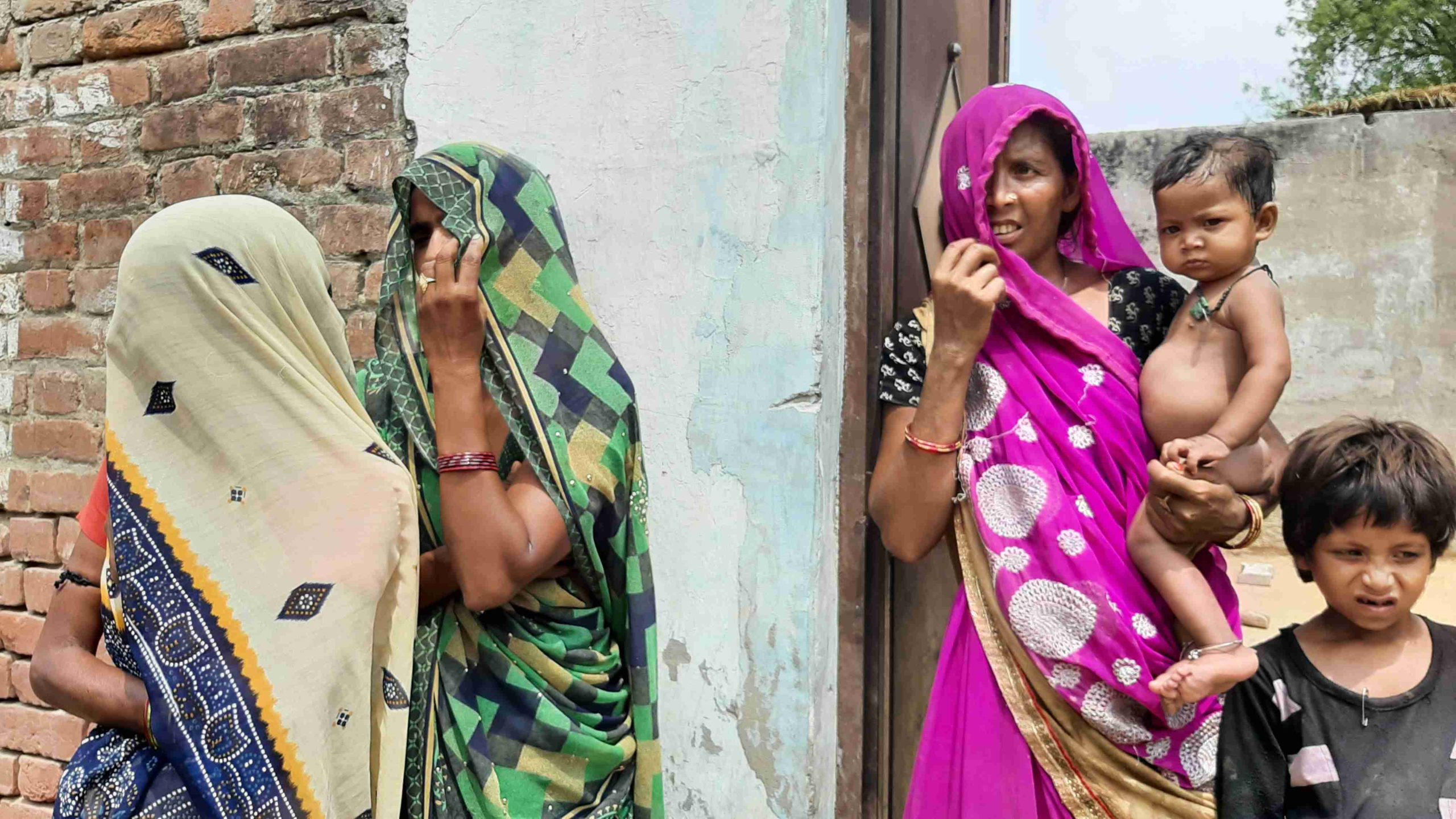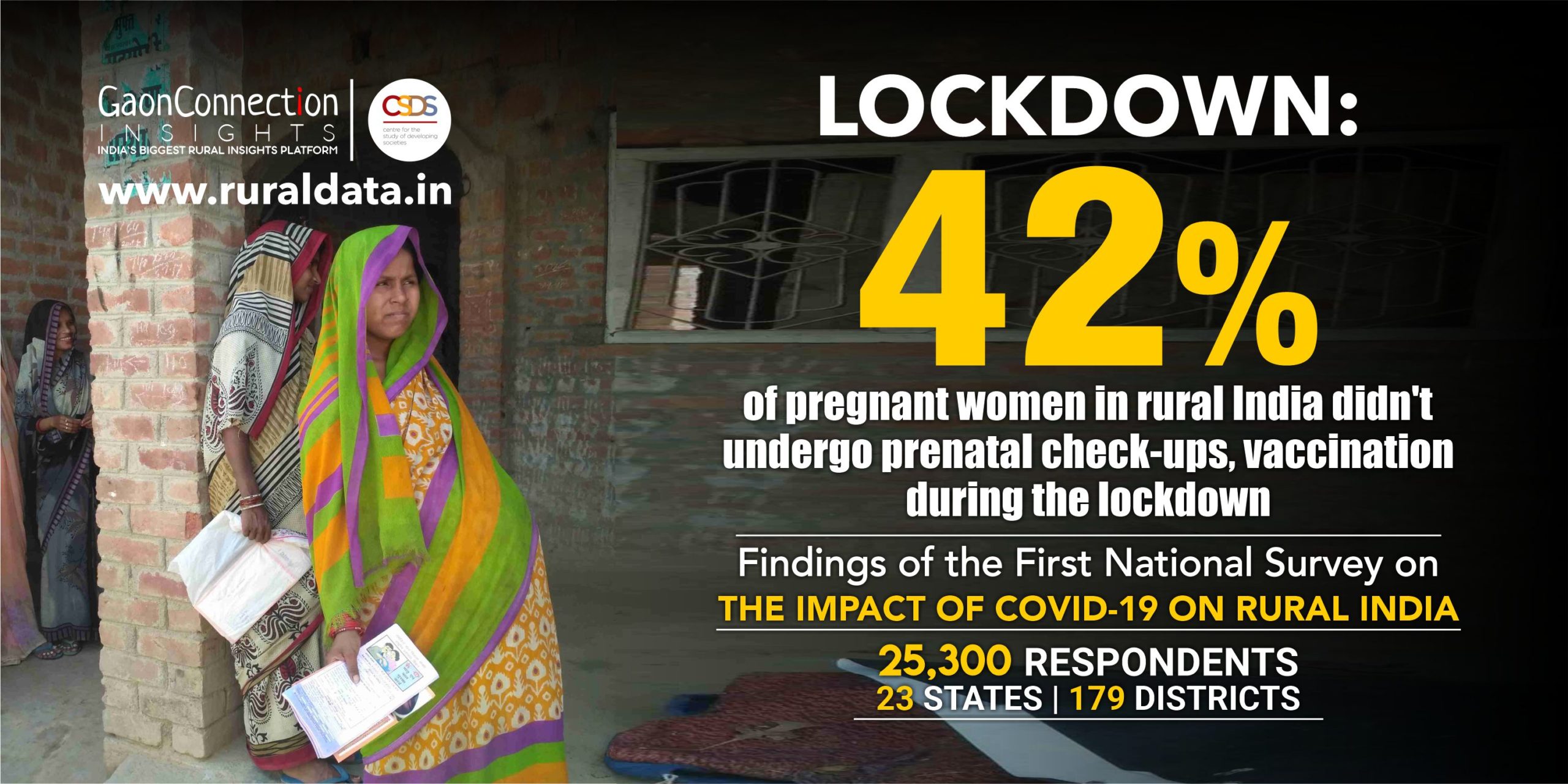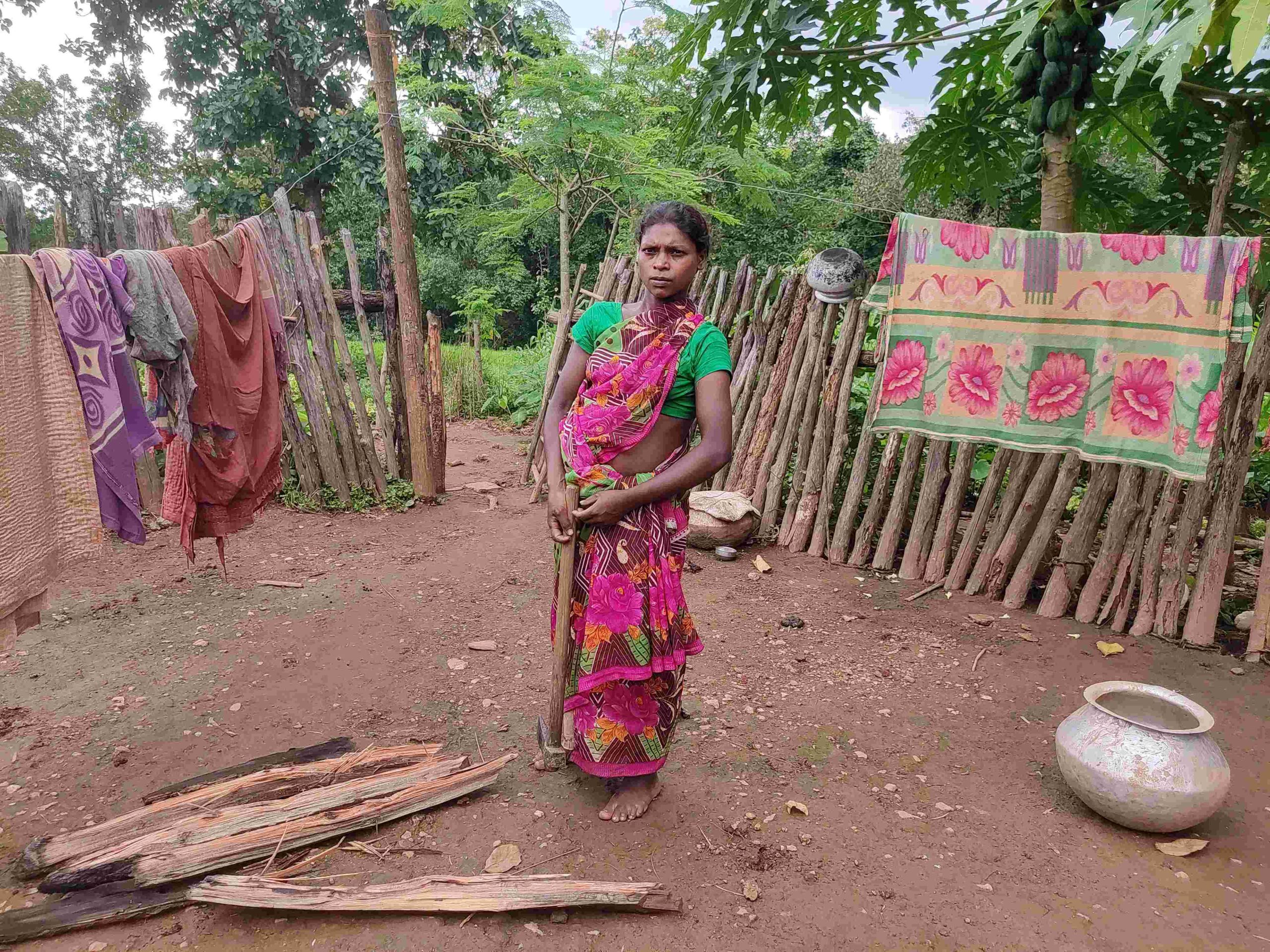From March to June 2020, 1.85 million women were denied safe abortion facilities
The pandemic resulted in an increased number of unplanned, unwanted pregnancies, and nearly two million women in 10 states did not get access to safe abortion facilities, says an Ipas Development Foundation survey. At Gaon Connection’s Gaon Cafe, experts discussed various aspects of the issue.


In villages, abortion is still a taboo, say experts. Photo: Neetu Singh
Mamta Devi, 40, is listless, slumped against the wall. When she finally speaks, it is with a lot of hesitation. “I was pregnant, and took a pill for abortion. I bled heavily and am still dizzy,” she told Gaon Connection. She already has six children and said she has taken these ‘abortion’ pills seven times before. Devi resides in Rampur village of Maal block, about 45 kilometres from Lucknow in Uttar Pradesh.
“Whenever I become pregnant and there’s already a baby to take care of, I take the medicine that my husband brings from the market. Sometimes, I bleed for eight to ten days,” she said. Devi has never been to a hospital for medical termination of pregnancy, because “we don’t wish that anyone knows I am pregnant. The doctors also scold us if we approach them to abort the foetus,” she said.

Devi is not the first woman in rural India to have been denied access to a safe abortion. Millions of women like her suffer the same fate, and it was only compounded during the COVID-19 pandemic, because most district hospitals and community health centres turned into dedicated COVID-19 centres. Additionally, contraceptive drugs were not available in the market due to the shutting down of transportation facilities.
Ipas Development Foundation, a not-profit working for safe abortions in the country, conducted a survey in the country during the first three months (March 25, 2020 to June 24, 2020) of the pandemic. According to the survey data, 1.85 million women in 10 states of the country could not get safe abortions. This was also the topic of Gaon Connection’s special show Gaon Cafe, where experts from different states shared their experiences.
Lack of access to pills and transport
According to the Ipass Development Foundation data, 80 per cent of women could not terminate their pregnancy during the COVID-19 outbreak, because they could not get access to pills. During the same period, 16 per cent of women could not get abortions due to non-access to private hospital facilities, while four per cent could not reach hospitals. Due to COVID-19, there was a 60 per cent decline in the abortion rate at major hospitals, 24 per cent at community hospitals and 17 per cent at primary health centres.
“In villages, abortion is still a taboo,” said Anushree Banerjee of Delhi-based Ipas Development Foundation at Gaon Café. “During the first three or four months of the pandemic, no patient other than those with COVID-19 were attended to. This is why so many women could not get safe abortions,” said the West Bengal-based Banerjee.
Banerjee cited two examples of women from West Bengal and Uttar Pradesh, who had spent a lot of money in private clinics to deal with unplanned, unaffordable pregnancies, because of this reason. ASHA (Accredited Social Health Activist) worker Kusum Singh, who serves in the village where one of the women mentioned resides, said this would have been her third child. “In the first week of March last year, when the ANM (Auxiliary Nurse Midwife) examined her, she was anaemic. During the initial months of the pandemic, we could not check her health or give her medicine. The foetus perished,” she said.

Also Read: 58% pregnant women in villages confirmed checkups, vaccination in the lockdown
As per data from The Rural Report – by Gaon Connection, 42 per cent of households with pregnant women, or four out of every 10 pregnant women could not get regular check-ups and vaccination during the pandemic. According to the Ipas Development Foundation data, usually, every three months, about 3.9 million abortions are registered. However, 47 per cent of women could not get safe abortions due to the COVID-19 lockdown.
Lack of awareness about MTP Act
“Even though the safe abortion law [The MTP Act] was enacted in 1971 in our country, about 50 per cent of women in our country still do not get safe abortions,” said Lucknow-based gynaecologist Neelam Singh at Gaon Café, “There is a shortage of doctors at primary and community health centres, the infrastructure is not good and there is a shortage of resources. Since qualified doctors are available only in district hospitals, rural women are unable to get safe abortions. Although the law has been around for close to five decades, people are not aware of it,” Singh, who is associated with Lucknow-based organisation Vatsalya, which works in the fields of gender and health, said.
“It is being said COVID-19 may increase child births by ten per cent. But, there is no counselling on this subject. Frontline workers were not trained to take up community counselling and make the public aware of family planning. Public health officials have no idea about the grave difficulties surrounding safe abortions. If only the pills sold in the market are taken on doctors’ advice, it would be safe up to ninety seven per cent,” Singh said.
Speaking at Gaon Cafe, Nandini Majumdar of Asia Safe Abortion Partnership, an international institution that works on safe abortions in 23 countries, said: “Not just India, several countries suffer from a poor public health system. The situation pertaining to safe abortions is deplorable in most countries, barring smaller nations such as Thailand and New Zealand. India needs to do a lot of work on its community health services. Counselling facilities need to be given special attention.”
Rajim Ketwas, who works with tribal and dalit women in Chhattisgarh, shared on Gaon Café that “women from Particularly Vulnerable Tribal Groups cannot get abortions done in hospital because their population is dwindling, and they may be refused an abortion. These women had to give birth to children during the pandemic even if they did not want to”.

Similarly, women from underprivileged sections were not able to access private hospitals, and government hospitals lacked safe abortion facilities, said Ketwas, adding that “with no other option, sometimes, they adopt home remedies that proved to be very harmful”.
Abortions still a stigma
Nilesh Kumar, senior state director of the Ipas Development Foundation in Jharkhand and Bihar, said that abortions are still considered a stigma, and there must be enormous efforts to change the situation. “Safe abortions should have been considered an important issue, so that women do not face problems. A little effort by the health department will go a long way in improving reproductive health services for rural women,” Kumar said.

